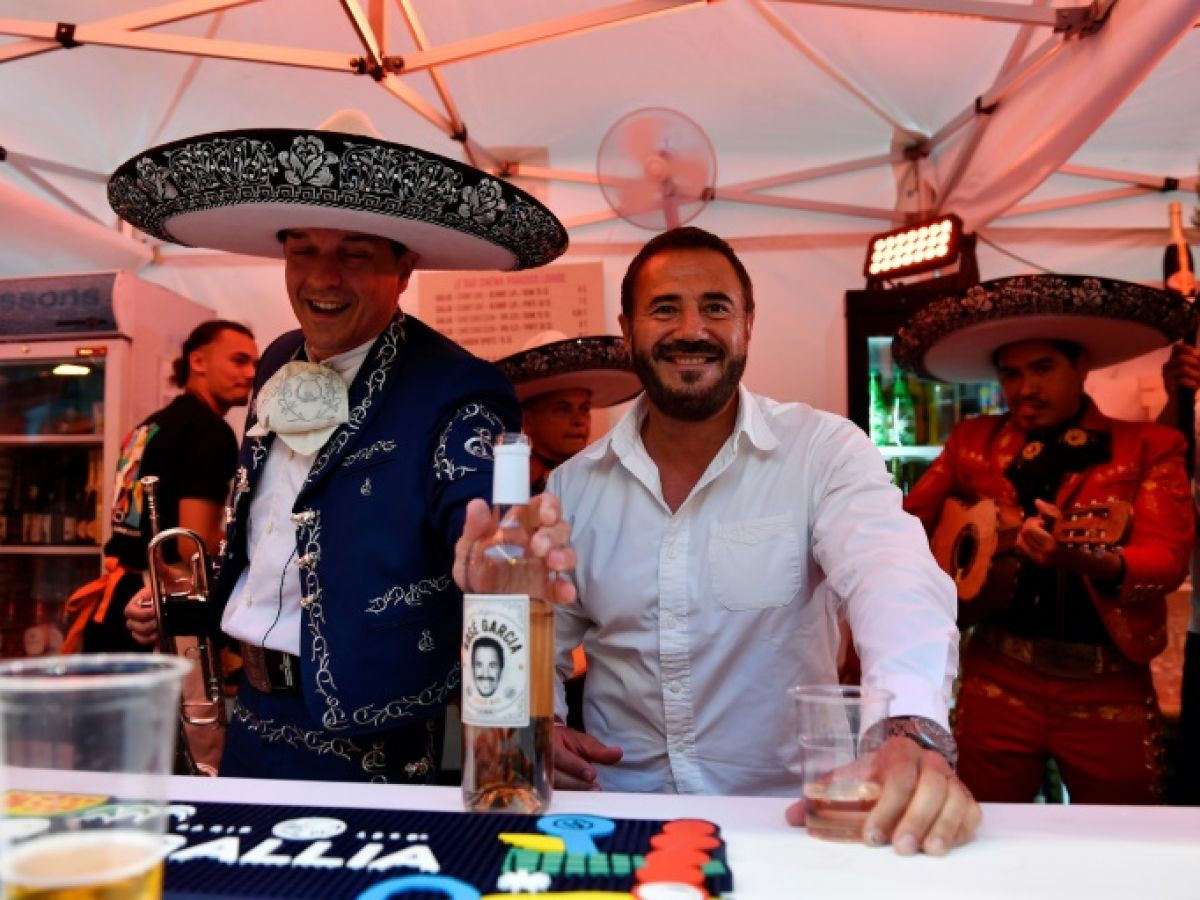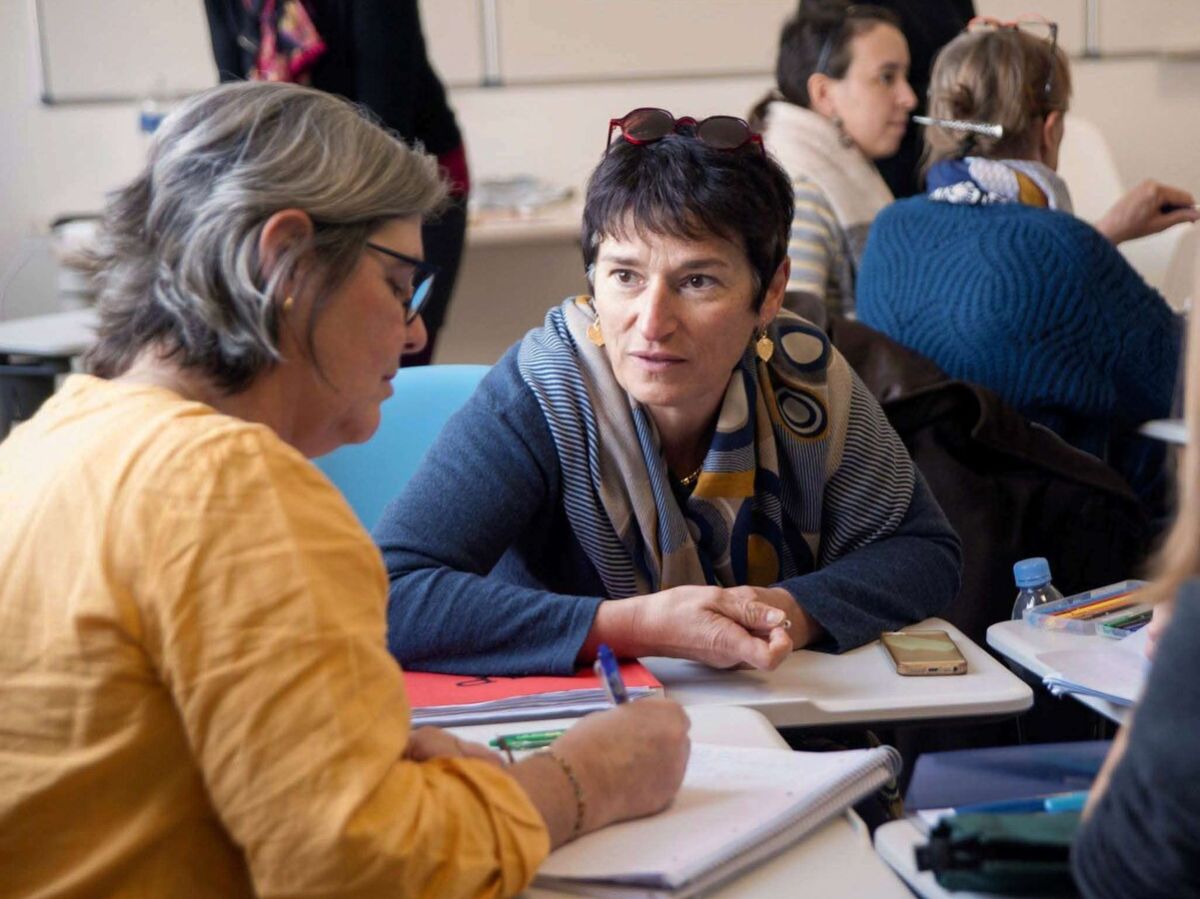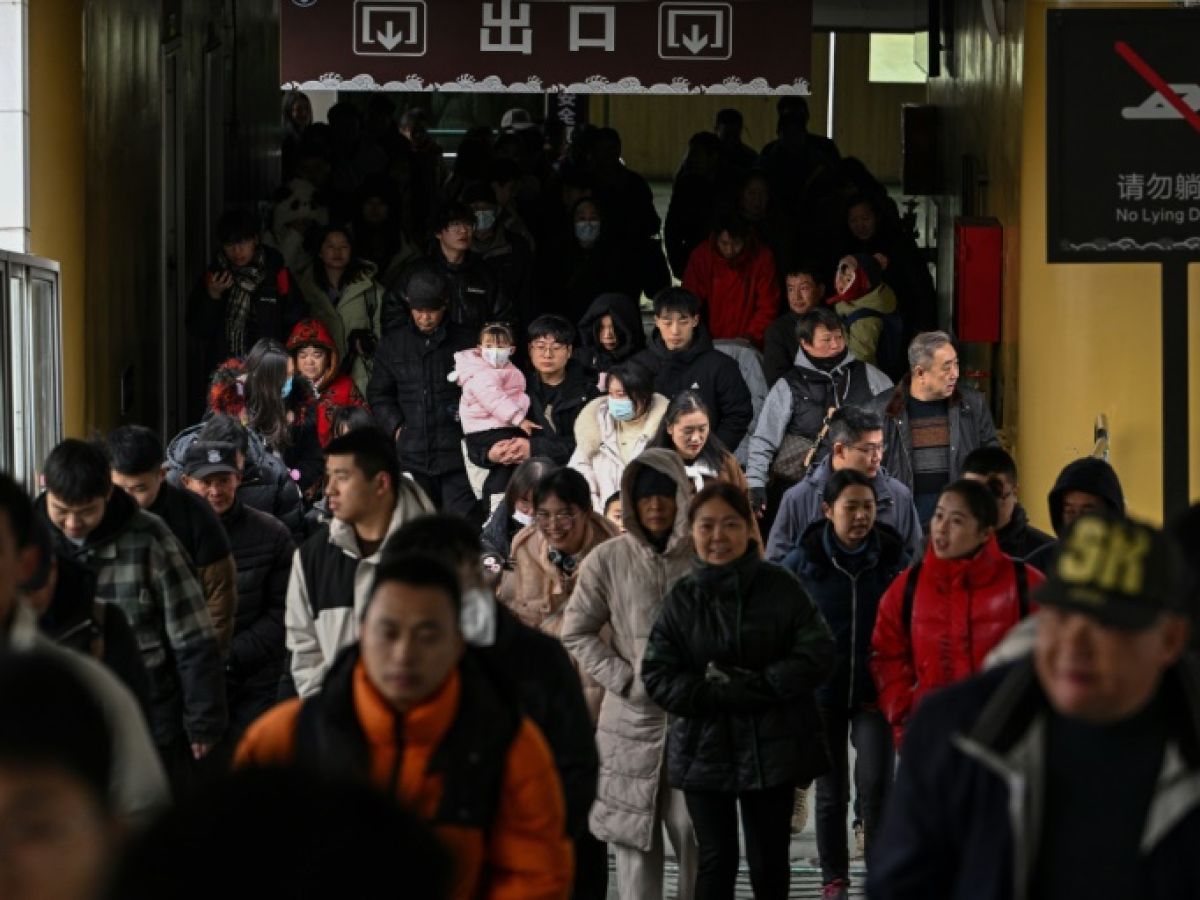Actor José Garcia was sentenced Friday by the Paris judicial court to a fine of 10,000 euros for illegal advertising of an alcoholic beverage, for having promoted "rosé Garcia," a wine bearing his name and image that has been sold for several years.
José Garcia "pleaded a form of naivety and goodwill," but "he made the choice" to "actively promote" an alcoholic beverage, according to the elements of the judgment consulted by AFP.
In detail, the 31st Criminal Court ruled that the actor cannot be punished for having lent his name to the rosé wine produced by the Les Niçois brand, owned by the company Et Alors, nor for having accepted that his image appear on the bottles.
However, by participating in a promotional video subsequently broadcast on the website neo.tv, or via the Instagram account of the brand Les Niçois, the actor, known for his joviality, violated the Evin law, which prohibits associating alcohol with a favorable or attractive setting, the court ruled.
The court also fined the company Et Alors, which produced the offending rosé, 20,000 euros, and fined the managing director of Alors 20,000 euros, suspended.
The website neo.tv was fined €10,000. The online retailer Vinalia was given a suspended fine of €5,000 for displaying texts alongside the bottle associating the name and image of José Garcia with the wine, along with a link to the promotional video featuring the actor.
José Garcia is not known for his particular involvement in the wine industry, does not own the vines that produced Garcia wine, and did not participate in its production, the court recalled.
Addictions France, the association fighting alcoholism and addictions that initiated the proceedings, welcomed the condemnation of the "Garcia rosé" advertisements.
But she regretted that the court had not banned the use of the actor's name and image on the bottles.
"Numerous packages" of alcoholic beverages using the name of a celebrity "have already been declared illegal," Franck Lecas, who is in charge of the case at Addictions France, told AFP.
The association will study the judgment, but it plans to appeal, relying in particular on the case law of the Court of Cassation, he said.


